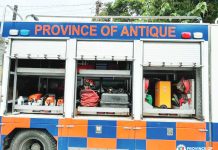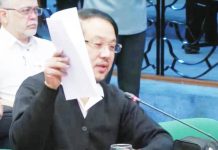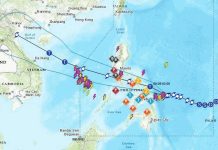THE GOVERNMENT’S road and sidewalk-clearing push is a herculean fight against corruption. Why so? It’s not really hard to imagine every Tom, Dick and Harry illegally occupying and obstructing a public road or sidewalk paying a bribe to somebody.
The corruption that pervades the illegal use of roads and sidewalks – as public transport terminals, parking spaces and vending areas – involves crooked local motor vehicle traffic bosses, active and retired police and military officers and local/barangay officials, among others.
This road and sidewalk-clearing is the State flexing its muscles and using its police powers to reclaim and give back to the people all the roads and sidewalks that rightfully belong to them.
And what does “State’s police powers” mean? Simply put, it is the ability of Malacañang down to local government officials to compel obedience to laws, and to regulate behavior and enforce order for the improvement of public welfare.
On July 29, the President, through Interior and Local Government secretary Eduardo Año, ordered all governors and mayors down to barangay chairpersons to unblock all roads and sidewalks within their jurisdiction within 60 days, under pain of swift administrative suspension.
The 60-day period is over. The effect of the road and sidewalk clearing has been dramatic, although there are still obstructions left here and there. The challenge is on how to sustain the gain, and we mean seeing to it that the obstructions won’t return.
While at this, it is hoped that Malacañang would issue an executive order that will deal with all the road excavations left unattended by public works contractors and private firms supplying water, gas, electricity and telecommunications services. We need highly disciplined road diggings to avoid accidents and ease traffic congestion.
Looking back, the past 60 days proved that the government does not really need emergency powers to fix road congestion. It has ample police powers to remove all unwanted road obstructions. What is needed is political will.





